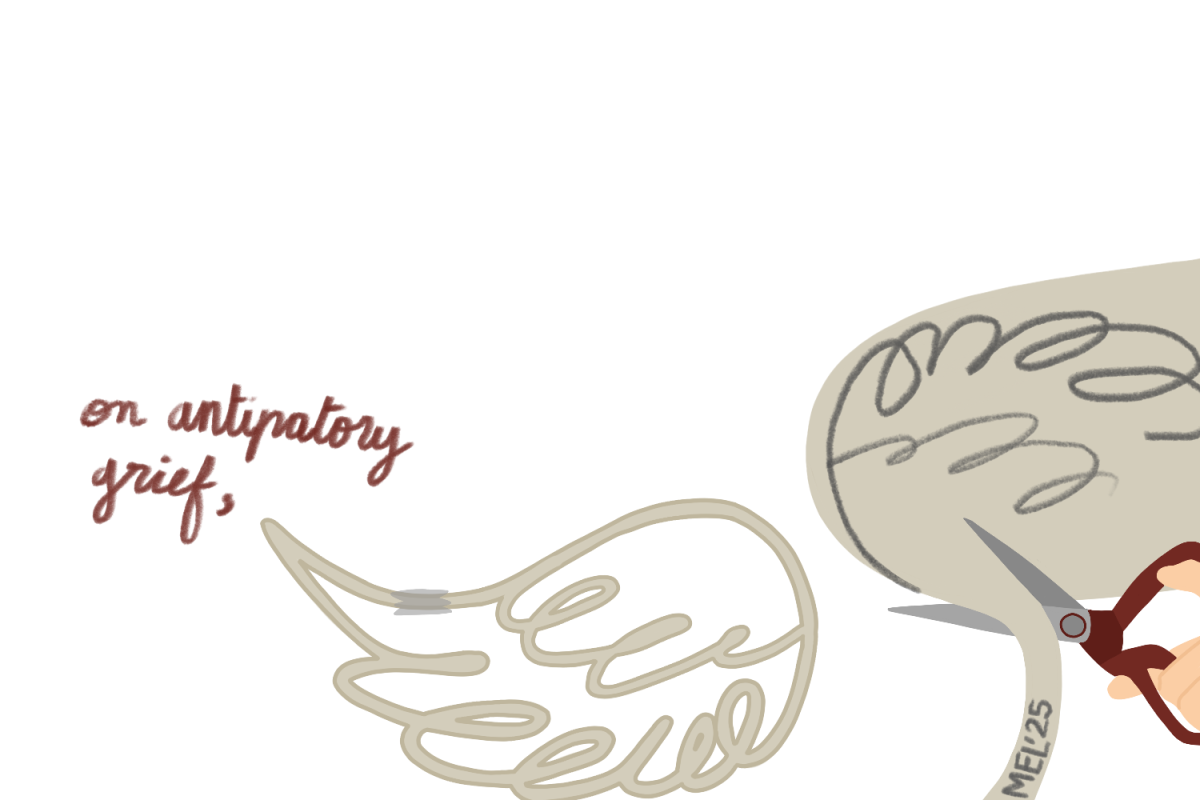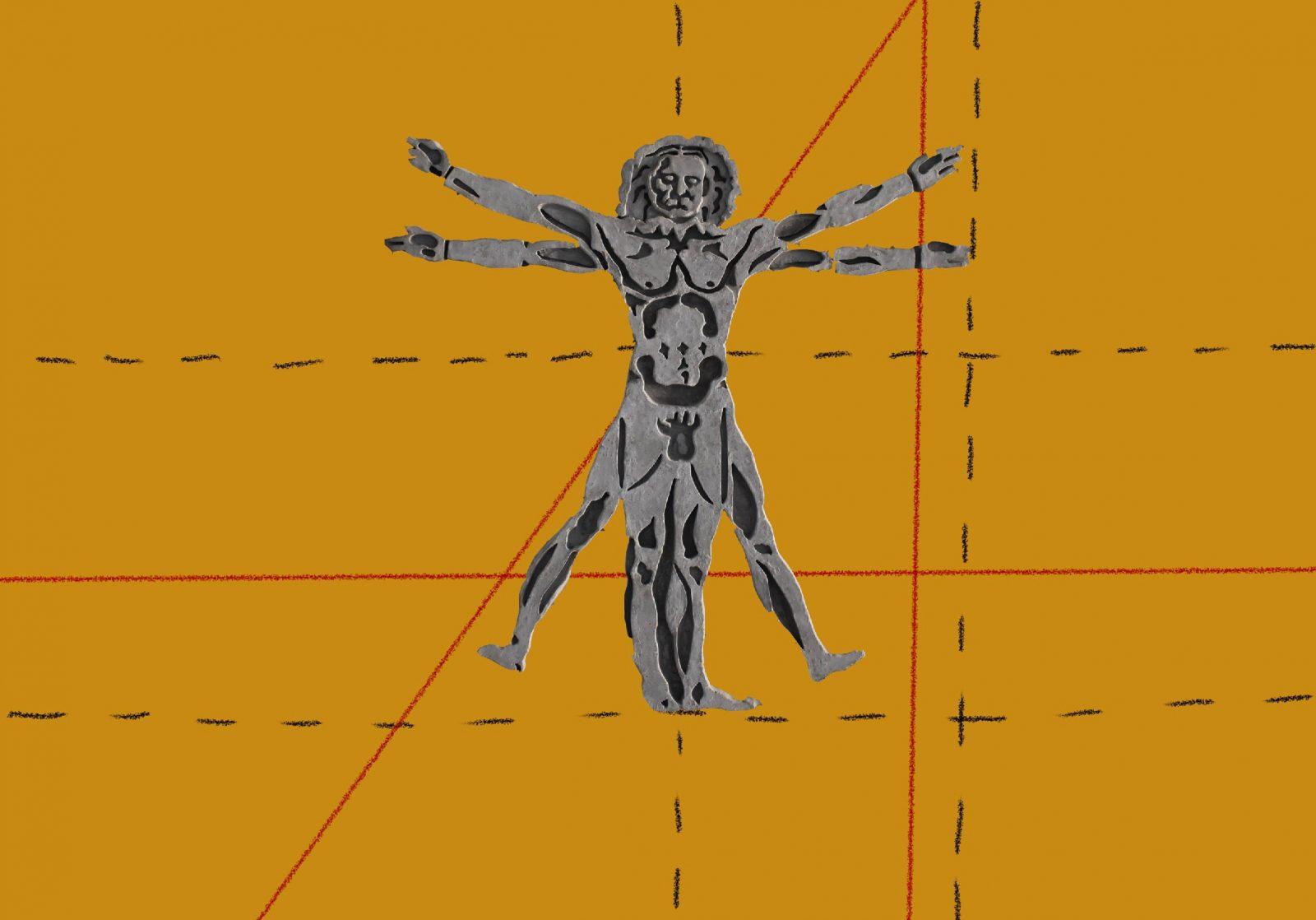Nathan Fielder reminds me of this 16th century French peasant who successfully impersonated another man for three years. So there’s this guy, his name is Martin Guerre. He was born in 1524 and lived in this tiny town in France, and his life was awful.
He was married off to nine- or ten-year-old Bertrande de Rols, who came from a wealthy family, when he was around her age. It seemed they did not love each other. They tried and failed to have a child for eight years, until they finally succeeded. He seemed to have had a terrible relationship with his father, which culminated in his father accusing him of stealing grain.
In 1548 — perhaps due to the grain incident — Guerre disappeared.
Eight years later, a man arrives in the tiny French town and claims to be Martin Geurre. People believe him. Keep in mind people back then didn’t have cameras, or identification documents.
The only way you could know what someone looked like was by memory or some terrible drawing. Moreover, because most French peasants didn’t have mirrors, they most likely didn’t have a firm grasp on what they looked like.
This man had a seemingly encyclopedic knowledge of Guerre’s life. He convinced Martin Guerre’s uncle, sisters, and wife that he was Martin Guerre. Not only that — this new Martin Geurre and his wife Bertrande de Rols seemed to actually love each other, which would have been a first.
This man lived as Martin Guerre for three years relatively peacefully. He had two kids with Bertrande, and claimed Guerre’s inheritance when his father died. Then a soldier came through town, who pointed out the real Martin Guerre lost a leg in war.

The truth was, of course, that this new Martin Guerre was not Martin Guerre at all. His name was Arnaud du Tilh, a peasant from a neighboring village. He was put to trial, where he almost convinced the judges at Parlement of Toulouse that he was Guerre, until the real Martin Guerre walked into the courtroom with a wooden leg and a bad attitude.
Tilh was sentenced to death in 1560 for adultery and fraud. Before he was put to death, he confessed that while on the road, two strangers had confused Tilh for Guerre, and he spent a few days learning everything he could about Guerre in order to impersonate him. Four days later, he was hanged in front of the house of the man he pretended to be.
I think the ethical problems in the case of Martin Guerre are at the very heart of Nathan Fielder’s new reality show “The Rehearsal.” The show’s premise is that Fielder helps people rehearse for important moments in their lives. These things span from a man rehearsing telling his trivia team mate that he lied about having a master’s degree to rehearsing the raising of a child.
The Fielder Acting Method hinges on fully submerging into a random, real person’s life. This, of course, has many ethical concerns. Nathan rehearsed the raising of a child by changing out child actors every week, aging them up three years. But one of the child actors — a 6 year old named Remy — got overly attached to Nathan. Remy sincerely believed that Fielder was his father.
There were systems in place to ensure the child would not sincerely believe his role. The child actors could only work four hours at a time, and they would only work for a week. But who could blame a six-year-old for thinking a man he’s been told to call “Daddy” was actually his father?
Nathan reaches out to Remy’s mother, and helps Remy learn that he was not actually Remy’s father. But even after Remy learns that Nathan is Nathan, Nathan remains obsessed with how the situation unfolded.
The last episode of “The Rehearsal” consists of Nathan rehearsing the Remy incident as Remy’s mom, and an older child actor as Remy. The series ends with Nathan-as-Remy’s-Mother comforting older-child-actor-as-Remy about the fact that fake-Nathan is not his father.
Is Nathan responsible for Remy’s confusion? Is his impersonation of Remy’s mother an invasion of privacy? I don’t think I can say, but I wish Nathan committed further to the bit.
This may sound entirely insane to think, but while watching the last episode of “The Rehearsal” I couldn’t help but wish Nathan would just pretend to be that child’s father. What would be the harm? He just needs to commit to the bit until he dies. He’s a successful comedian, what else does he have to do?
I know, objectively, that tricking a child into thinking you’re their father is bad. But there is something that bothers me about the notion that telling the truth is always morally correct.
Arnaud du Tilh was a better Martin Guerre than Martin Guerre. He fully submerged himself in the role, and he performed beautifully. Arnaud and Bertrand were said to be in love. Martin and Bertrand seemed like they couldn’t stand each other. So was what Arnaud did really all that wrong?
When I think about Nathan Fielder’s “The Rehearsal,” and the case of Martin Guerre, I can’t help but consider all the grief and pain that was caused in service of the truth. The real Martin returned to his wife but didn’t seem all that happy to see her again. In “The Rehearsal,” Remy lost a pretend-father.
Of course, this much grief and pain may not generally be caused by telling the truth. But there must be a moral cost to uncovering a lie. Nathan Fielder’s connection to French peasants makes me think about the truth, and if it really is worth searching for after all.






















































































































